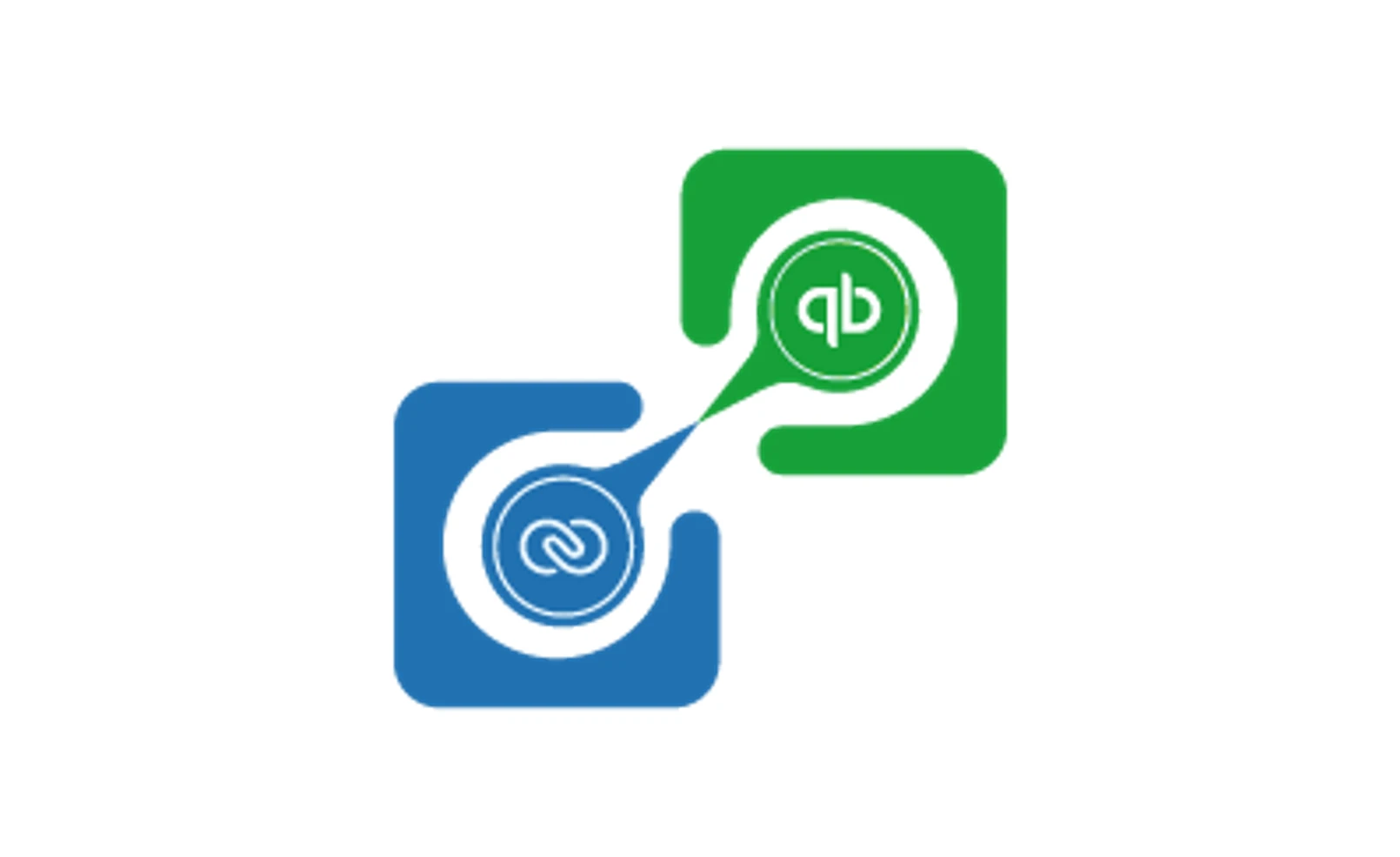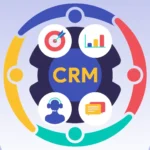A career in Customer Relationship Management (CRM) has become one of the most rewarding paths in the business and tech world. As companies rely more on data-driven decisions and personalized customer experiences, CRM professionals have become the bridge between technology and human connection. Many who step into this field often discover not just a stable job but a growing career with exciting pay potential, performance-based bonuses, and clear advancement opportunities. This article explores what a CRM career looks like, how much professionals typically earn, what influences a CRM salary, and the steps to build a successful journey in this dynamic field.
The CRM Industry Landscape
The CRM job market has evolved rapidly over the past decade. Today, almost every business—from small startups to large enterprises—uses CRM systems like Zoho CRM, Salesforce, or HubSpot to manage leads, automate marketing, and nurture customer relationships. This shift has created a strong demand for professionals who can understand both customer data and digital tools.
CRM roles sit at the intersection of technology, sales, marketing, and customer service. That means professionals in this field not only understand software but also how to drive customer loyalty and business growth. As more organizations integrate CRM tools with accounting platforms like QuickBooks or Zoho Books, the need for data-savvy professionals who can align customer insights with business operations is higher than ever.
Popular CRM Job Positions and Salary Ranges
Salaries in the CRM world can vary based on experience, location, company size, and specialization. Below are some of the most common CRM positions and their average annual pay ranges (based on global data and mid-level experience):
-
CRM Administrator: Responsible for managing CRM platforms, user permissions, and database health.
Average CRM salary: $55,000 – $80,000 -
CRM Analyst: Interprets customer data to identify trends, improve segmentation, and support marketing strategies.
Average CRM salary: $65,000 – $90,000 -
CRM Manager: Oversees the CRM system’s strategy, implementation, and optimization, often coordinating with marketing and sales teams.
Average CRM salary: $85,000 – $120,000 -
CRM Developer: Builds and customizes CRM systems, integrating them with tools like Zoho, QuickBooks, or ERP platforms.
Average CRM salary: $90,000 – $130,000 -
CRM Consultant: Works with different clients to design, implement, and train teams on CRM solutions.
Average CRM salary: $75,000 – $115,000 -
CRM Director or Head of Customer Experience: Leads strategic initiatives across multiple departments to maximize customer retention and lifetime value.
Average CRM salary: $120,000 – $180,000+
While these numbers can fluctuate depending on region and expertise, the overall earning potential in CRM remains highly competitive, especially for those who specialize in system integrations or analytics.
How CRM Professionals Earn Promotions and Bonuses
Career growth in CRM isn’t just about time served—it’s about results. Many professionals see promotions and pay raises after demonstrating measurable impact on customer satisfaction, retention rates, or sales growth.
Bonuses in CRM roles often tie directly to performance metrics such as:
-
Customer retention improvement
-
Lead conversion rates
-
System optimization and automation results
-
Successful CRM migrations or integrations (e.g., Zoho-QuickBooks integration projects)
Beyond bonuses, professionals can increase their CRM salary by obtaining certifications, mastering specific platforms, or expanding into leadership positions. For instance, someone who begins as a CRM Administrator may advance into a CRM Analyst or Manager role after learning data analytics and reporting tools.
Tips for advancing in CRM roles:
-
Gain experience with multiple CRM platforms.
-
Learn how CRM connects with other systems like ERP or accounting software.
-
Develop both technical and soft skills—understanding data is just as valuable as communicating insights.
-
Stay updated with new automation and AI features in CRM platforms.
These factors not only enhance job performance but also make professionals more valuable to employers seeking all-in-one CRM expertise.
Step-by-Step: How to Apply for CRM-Related Positions
Breaking into the CRM industry might seem intimidating at first, but with a clear plan, it’s absolutely achievable. Here’s a simple step-by-step approach to help navigate the process:
-
Research the Role
Begin by exploring CRM positions that match current skills and interests. Entry-level candidates might start as CRM Assistants or Administrators, while those with technical backgrounds could aim for Developer or Analyst positions. -
Build Foundational Knowledge
Familiarize with major CRM systems such as Zoho CRM, Salesforce, or HubSpot. Many offer free or low-cost online certifications that look great on a resume. -
Create a Strong Resume and Portfolio
Highlight skills in data management, customer analysis, and system integration. Including real examples of process improvements or successful CRM implementations can make an application stand out. -
Leverage Networking Platforms
Join professional networks, LinkedIn groups, and CRM communities. Many job opportunities arise from internal referrals or connections built within the industry. -
Apply Strategically
Focus on companies that align with personal interests or career goals—whether in tech, retail, finance, or other sectors. Tailoring each application to show familiarity with the company’s CRM system or customer strategy can make a lasting impression. -
Prepare for the Interview
CRM interviews often include questions about customer data handling, problem-solving scenarios, and tool familiarity. Reviewing case studies and learning common CRM metrics (like customer lifetime value and churn rate) can boost confidence during interviews. -
Keep Learning After Landing the Job
CRM technology evolves quickly. Continuous learning—through webinars, certifications, or online forums—helps professionals stay competitive and open doors to future promotions.
Conclusion
Zoho QuickBooks Integration – The world of CRM offers far more than a paycheck—it’s a field built on growth, innovation, and meaningful connections. Whether someone starts as an entry-level administrator or climbs toward a leadership role, each step offers the chance to learn new systems, improve customer experiences, and shape business outcomes.
With competitive salaries, flexible career paths, and increasing demand across industries, CRM is an excellent choice for those seeking a dynamic and fulfilling professional journey. Building the right mix of technical skills, data insight, and human understanding can transform a CRM career into a long-term success story.
FAQ: Common Questions About CRM Jobs and Salaries
1. What is a typical CRM salary for beginners?
Entry-level CRM professionals usually earn between $45,000 and $60,000 annually, depending on location and company size.
2. Do CRM roles require a background in technology?
Not necessarily. While technical knowledge helps, many CRM positions value analytical thinking, communication, and an understanding of customer behavior just as much.
3. Are CRM certifications worth it?
Absolutely. Certifications from platforms like Zoho, Salesforce, or HubSpot often lead to higher salaries and faster promotions.
4. How fast can CRM professionals advance?
With consistent performance and skill-building, many professionals move into higher-paying roles within two to four years.
5. What industries hire CRM experts the most?
CRM roles are in demand across nearly every industry, especially retail, finance, tech, healthcare, and real estate—anywhere customer data and engagement play a major role.
6. Can CRM specialists work remotely?
Yes. Many companies offer remote or hybrid setups, especially for CRM Analysts, Developers, and Consultants who primarily work with digital platforms.




